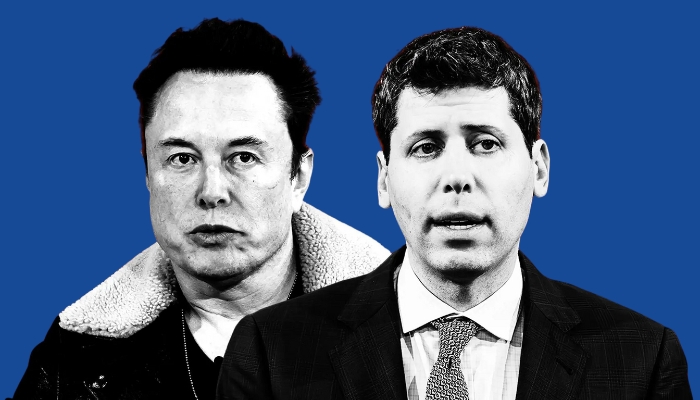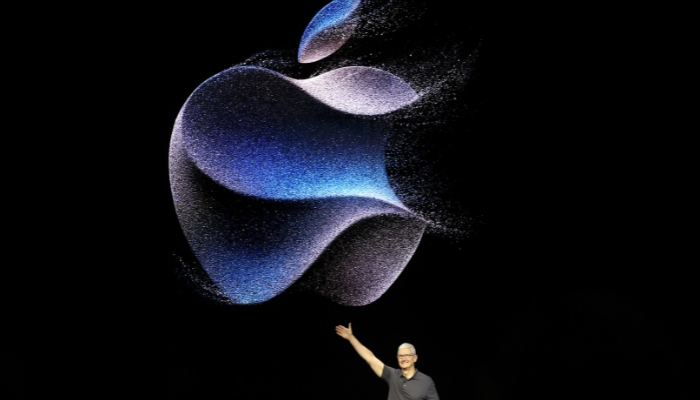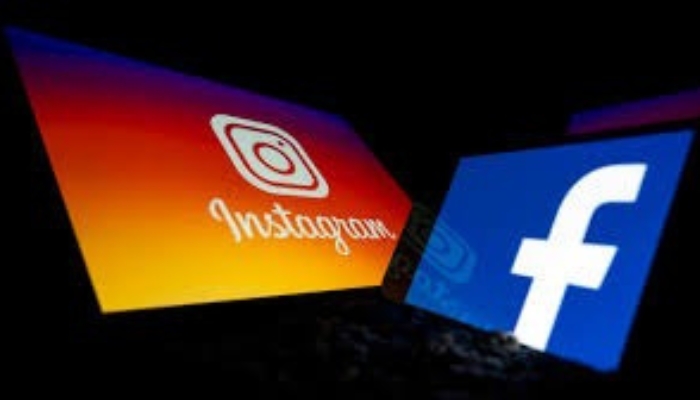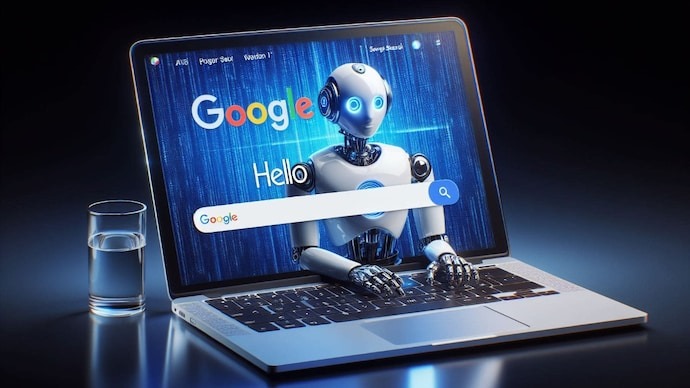
Last updated on April 4th, 2024 at 12:25 pm
The lawsuit alleges that CEO Sam Altman’s agreement with Microsoft has compromised the organization’s mission
Elon Musk has filed a lawsuit against OpenAI and its CEO, Sam Altman, alleging that they have strayed from the organization’s original mission by prioritizing profit over the advancement of humanity.
As a founding board member of the AI company behind ChatGPT, Musk claims that Altman’s investment deal with Microsoft has violated OpenAI’s founding principles. The lawsuit, filed in San Francisco, argues that OpenAI is now focusing on developing artificial general intelligence (AGI) for financial gain rather than for the betterment of society.
According to the lawsuit, “OpenAI Inc has morphed into a closed-source entity effectively controlled by Microsoft. With its new leadership, it is not merely developing but refining an AGI to maximize Microsoft’s profits, rather than serving the greater good of humanity.”
The lawsuit begins by citing Musk’s frequent warning about the potential dangers of artificial general intelligence (AGI) to humanity.
“While individuals like Mr. Musk view AGI as an existential threat, others view it as a means of profit and influence,” the lawsuit states. It goes on to say that in the hands of companies driven by profit, such as Google, AGI presents a “particularly severe and harmful threat to humanity.”
Musk and other technology experts are worried that an AGI could escape human control and take actions that put the planet at risk.
The lawsuit alleges that Altman claimed to share Musk’s concerns about AGI and proposed the formation of a nonprofit AI laboratory in 2015 that would be the antithesis of Google, now known as OpenAI. Musk, Altman, and Greg Brockman, OpenAI’s president, who is also named in the lawsuit, agreed to establish a laboratory with principles outlined in a founding agreement.
The laboratory was intended to be “for the benefit of humanity,” operating as a nonprofit organization and utilizing open-source principles, which entail making the technology freely accessible.
According to the lawsuit, Musk, who distanced himself from OpenAI in 2018, played a pivotal role in establishing OpenAI and provided the majority of its early funding. Following a 2020 agreement, Microsoft is now the largest investor in OpenAI’s profit-driven division, overseen by Altman.
The lawsuit alleges that OpenAI, along with Altman and Brockman, departed significantly from OpenAI’s original mission by releasing GPT-4, the powerful model behind OpenAI’s ChatGPT chatbot, in 2023 while keeping its design secret. According to the lawsuit, this action “set the founding agreement aflame.”
The lawsuit asserts that the decision to keep GPT-4’s design secret was primarily motivated by commercial interests rather than safety concerns. It accuses OpenAI, Altman, and Brockman of breaching contract, fiduciary duty, and engaging in unfair business practices.
Furthermore, the lawsuit claims that GPT-4 represents AGI technology effectively owned by Microsoft, a situation that is purportedly beyond the scope of OpenAI’s licensing agreement. The lawsuit also mentions OpenAI’s development of a model known as Q* (Q star), which is believed to have an even stronger claim to being AGI.
The lawsuit further alleges that the series of events in November 2023, including Altman’s dismissal and subsequent reinstatement as OpenAI’s CEO, demonstrated that Microsoft held “significant leverage” over the company. The lawsuit also claims that the new board, established after Altman’s reinstatement, lacks the expertise to determine whether OpenAI has achieved AGI and therefore whether it has developed a product that exceeds the scope of Microsoft’s license.
The lawsuit seeks to compel OpenAI to adhere to its founding agreement and return to its mission of developing AGI for the benefit of humanity, rather than for the personal benefit of the individual defendants and the world’s largest technology company.
OpenAI’s agreement with Microsoft is under scrutiny by competition authorities in the US, the EU, and the UK.
Brian Quinn, a professor at the law school of Boston College in the US, identified several issues with the lawsuit. He noted that Musk lacks standing to sue for breach of the OpenAI board’s certificate of incorporation because he is not a board member. The lawsuit addresses this by asserting that a 2015 email exchange between Musk and Altman outlining the founding agreement, along with the certificate of incorporation, constitutes a contract. Quinn believes this argument falls “far short” of being a viable legal claim.
A request for the return of Musk’s investment in OpenAI was also unlikely to succeed because the lawsuit argued that OpenAI deviated from its mission in 2023, which was long after Musk ceased supporting the non-profit.
“It’s difficult to see that he has any standing to enforce his ‘founding agreement’ or the certificate,” Quinn stated.
OpenAI, Microsoft, and Google have been contacted for comments.





